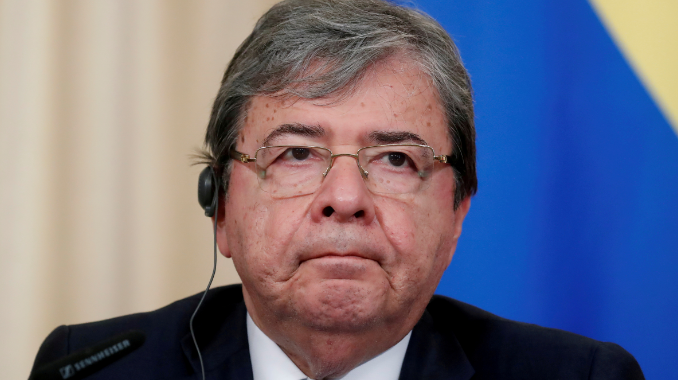
Today the 2021 World Economic Forum began. Every year at the end of January, world leaders discuss economic problems on a global scale. They usually do it in Davos, Switzerland but this year it will be held virtually. The effect of the pandemic will be the central theme of the series of meetings that will take place from today, January 25, until Friday 29. Heads of state and government will participate in the meetings, such as the president of Argentina, Alberto Fernández, Chinese President Xi Jinping, Indian Prime Minister Narendra Modi, German Chancellor Angela Merkel, Spanish Prime Minister Pedro Sánchez, among others. Leaders such as the Secretary General of the United Nations, António Guterres, the Secretary of the World Health Organization, Tedros Adhanom Ghebreyesus, the Executive Director of Oxfam International, Gabriela Bucher, and representatives of multiple civil society organizations will also take part.
This year the forum will host sessions that will address topics such as: the response to the COVID-19 crisis, increasing confidence in vaccines, restoring economic growth, building crisis-resistant health systems, new challenges of education, the pursuit of happiness and meaning in a post-COVID world, the reduction of risks in companies, gender parity in the economic recovery, the strengthening of the financial and monetary system, rethinking cities after the corona virus , the exploitation of the fourth industrial revolution and the improvement of the international trading system.
Within the framework of this meeting, the President of China, Xi Jinping, stated a few hours ago that the pandemic is far from over and that “winter cannot stop the arrival of spring.” He highlighted the need for macro-economic cooperation between countries, as well as a balanced and inclusive growth of the world economy. He emphasized that despite billions of dollars invested in economic recovery programs, it occurs slowly.
Jinping called on the international community to abandon ideological prejudices, to reach a path of peaceful coexistence to provoke a “win – win”. He stressed that each country is unique and none is superior to another, adding that solutions to crises depend on the cultural and social characteristics of each people. He also called for promoting multilateralism, avoiding isolation and confrontation so that the world operates under the rules established by the United Nations, otherwise it will return “to the law of the jungle,” he added.
Manahia Mahuta, minister of foreign relations of New Zealand, a country that reports around 2,000 cases and only 25 deaths, spoke in another session today. Mahuta highlighted that “the best economic response was a response in the health sector.” She pointed out that in the case of her country, the first step was the establishment of the restriction of population mobility. She also emphasized that another component of the strategy in New Zealand was the $ 50 trillion economic recovery package. The funds were mainly focused on supporting the family economy, she also highlighted the importance of coordination with neighboring countries. For example, a joint center was opened with Australia for infected patients to stay during the quarantine period. She also stated that the priority of her government focuses on obtaining and distributing vaccines.
The start of the forum coincides with the publication of a report by the non-governmental organization Oxfam International on Covid-19. It indicates that the mega-rich have recovered from the losses caused by the pandemic in record time, while billions of people will live in poverty for a decade.
The publication details that the 1,000 richest people in the world took only nine months to recover the losses caused by COVID-19. In addition, the report indicates that women are more represented in low-income professions and that they have been strongly impacted by the pandemic. It is also reported that Afro-descendants in Brazil are 40 percent more likely to die from COVID-19, compared to the Caucasian population.

Be the first to comment